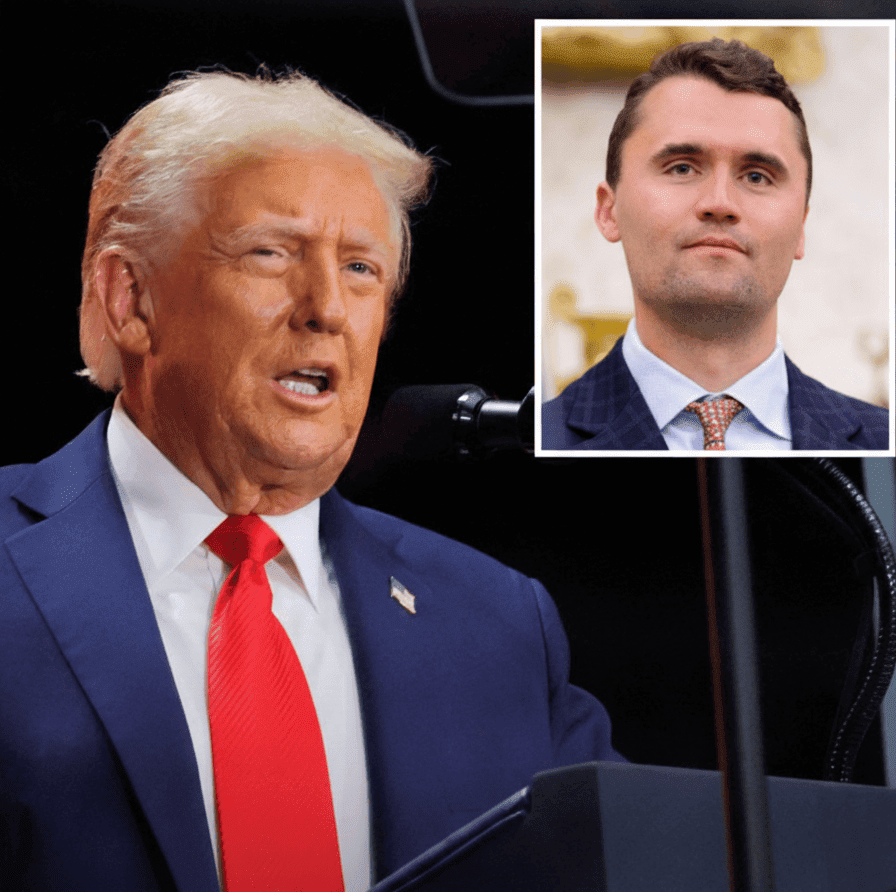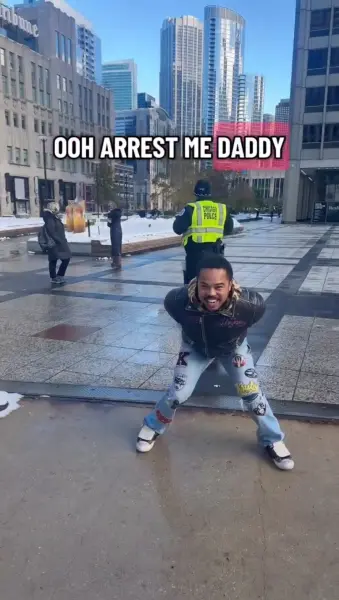Charlie Kirk’s Last Words to President Trump Were a Plea: “Save Chicago”
In the final days before his death, Charlie Kirk left behind a message that was as personal as it was political. It was not a speech, not a carefully crafted statement, but a quiet plea delivered directly to someone he trusted to hear it. According to Donald Trump, Kirk’s last words to him were simple but heavy with meaning: “Please sir, save Chicago.”
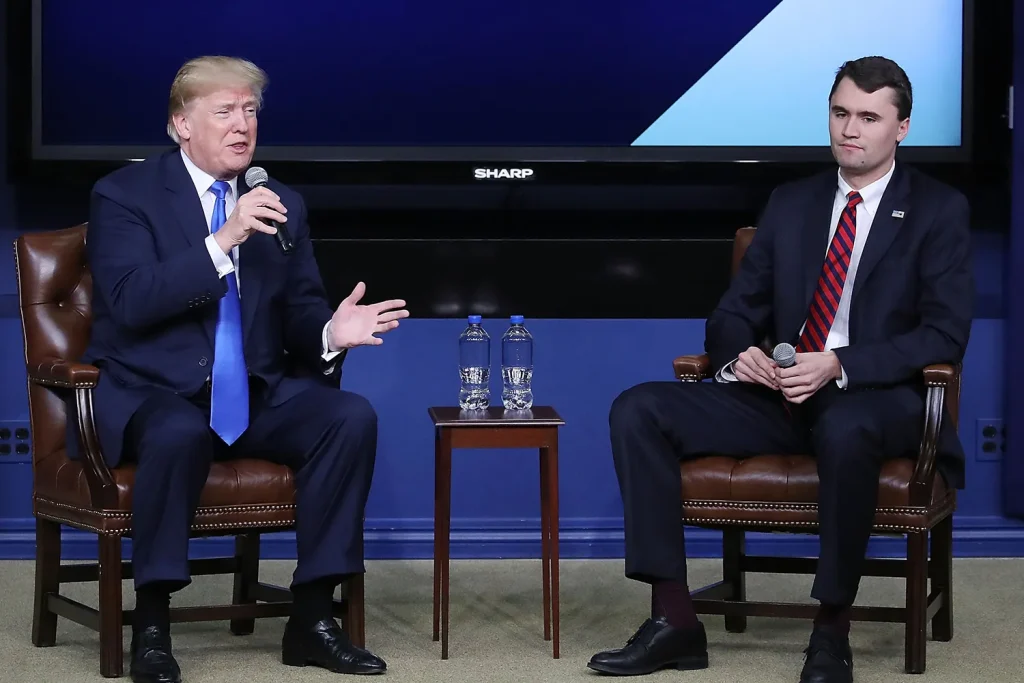
The phrase carries more weight than its few words suggest. For Kirk, Chicago was not just a city on a map, it was his home, his origin, and the backdrop for much of his life. He had often spoken about the challenges that plagued it—violence, unrest, and political struggles that he believed were eating away at its future. To make his last words a plea for the city’s salvation shows just how deeply he cared, even in his final moments.
Trump recounted the exchange with a mixture of solemnity and respect. He explained that Kirk asked the White House to consider sending in the National Guard to restore order in Chicago, something that Kirk believed was desperately needed. It wasn’t framed as politics. It wasn’t framed as policy. It was a heartfelt appeal, spoken one-on-one, from a man who feared for the safety and the spirit of his city.
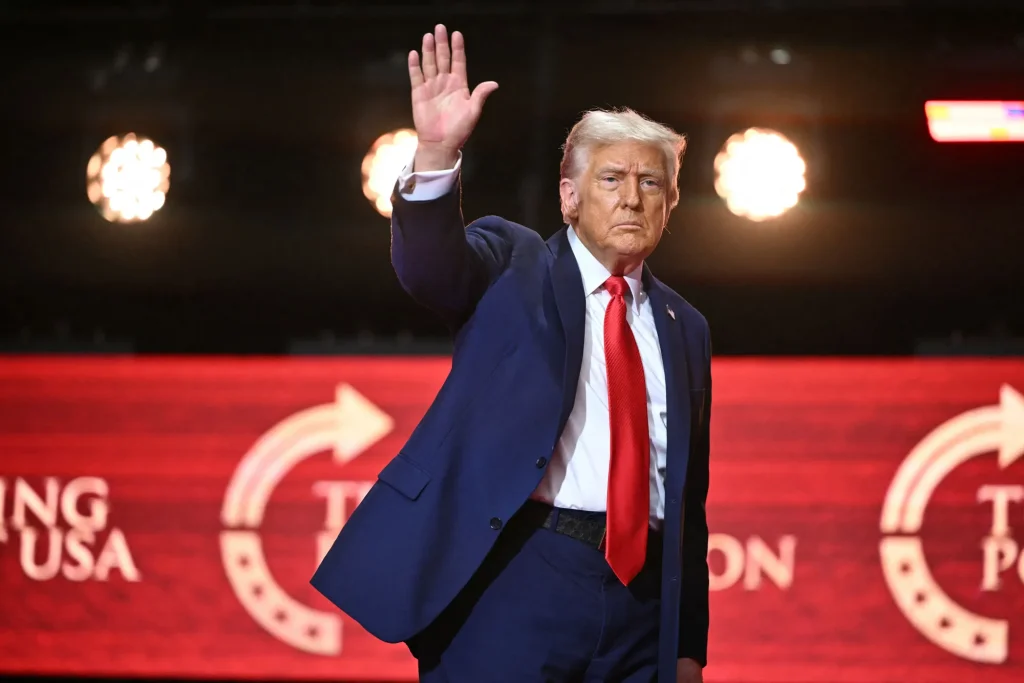
When we think of last words, we often imagine them as reflections on family, love, or faith. But in this case, Kirk’s final words blended those personal roots with the cause he had spent his life advocating for. His request to “save Chicago” wasn’t just about crime or politics—it was about the people who lived there, the families he knew, and the hope he carried that the city could be better than its darkest moments. It was his way of leaving a piece of himself behind, in the form of a mission.
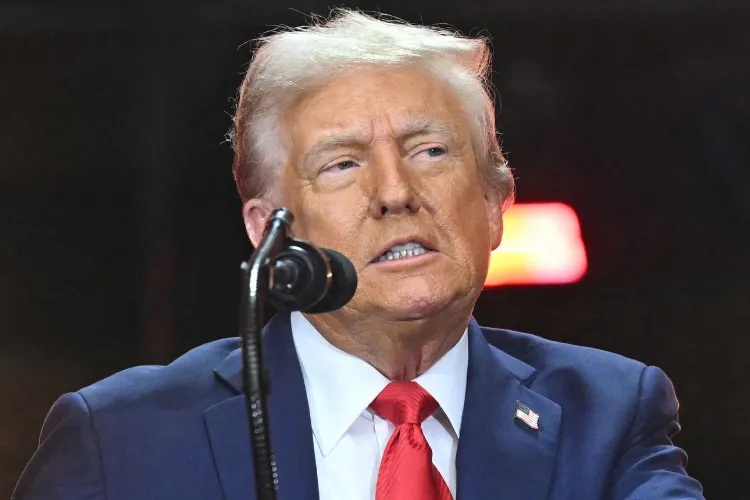
For Trump, repeating those words publicly at Kirk’s funeral underscored the emotional weight of the request. The moment drew silence from the crowd, as those who admired Kirk realized the depth of his concern. It was more than a headline—it was a window into his heart, a reminder that behind his speeches and his activism, he remained tethered to the city that shaped him.

The plea also raises broader questions. What does it mean to “save” a city like Chicago? Can outside intervention really transform the struggles of a place that has endured decades of challenges? These are questions larger than one man, one leader, or one moment. But what remains clear is that Kirk used his final words to pass the responsibility forward, to call on someone else to fight for what he could no longer fight for himself.
There is something profoundly human about that. In the end, he didn’t ask for himself. He didn’t even focus on his own suffering. Instead, his thoughts went to the people he left behind, to the neighborhoods that needed peace, and to the city he called home. That makes his last words less about politics and more about love—the love of place, of community, and of the hope that someone, someday, would answer his call.
